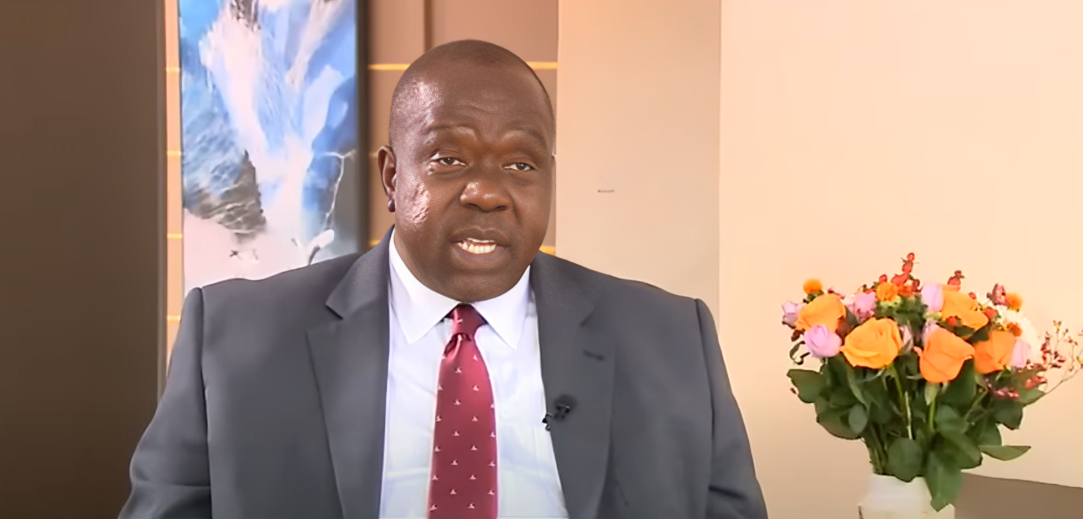Fred Matiang'i on River Yala Bodies

The unresolved mystery surrounding the discovery of numerous unidentified bodies in River Yala, which came to national attention in early 2022, continues to cast a long shadow over Kenya’s human rights record and judicial processes. This grim chapter raised serious questions about extrajudicial killings, the efficacy of police investigations, and the state of human rights in the country. Recently, former Interior Cabinet Secretary Fred Matiang’i has broken his silence on the issue, urging a public inquiry to bring clarity and accountability to the matter.
Between July 2021 and January 2022, a horrifying series of discoveries unfolded along the banks of River Yala in Siaya County. Over 30 bodies were retrieved, many showing signs of torture, bound with ropes, and placed in sacks. The consistent, systematic nature of these disposals pointed towards an organized effort. Local residents, particularly diver Nicholas Okero, played a crucial role in bringing the issue to national prominence. Human rights organizations such as Haki Africa and Amnesty International Kenya quickly amplified these concerns, documenting the disturbing findings and demanding action.
In the initial stages, official reports conflicted with those from human rights activists regarding the exact number of bodies. The Yala Sub-County Hospital mortuary soon became overwhelmed, necessitating the burial of some unidentified bodies in a mass grave to create space. In response to the growing public outcry, the Directorate of Criminal Investigations (DCI) dispatched a special forensic team from Nairobi to conduct post-mortems and collect DNA samples, aiming to aid identification. Police also announced increased surveillance along the river to prevent further dumping.
Human rights groups vehemently demanded a comprehensive and independent investigation, advocating for public post-mortems for each body and the operationalization of the National Coroners Service Act of 2017. This act would establish an independent body to investigate such deaths, ideally removing the police as primary investigators in cases where they might be implicated. Despite initial efforts, the investigation into the River Yala bodies appears to have stalled, with no official public report ever released, fueling speculation of a cover-up.
Significant, albeit limited, breakthroughs emerged later. In March 2023, a report by the Independent Policing Oversight Authority (IPOA) linked three of the bodies found in River Yala to individuals last seen alive in police custody in Nairobi’s Dandora and Dagoreti areas, strengthening claims of extrajudicial killings and enforced disappearances. Further concerns were raised by a January 2023 Human Rights Watch report, which stated that Kenyan authorities had failed to adequately investigate the discoveries despite significant public interest and gravity.
For the families of those who had gone missing, the discoveries brought immense anguish and a desperate search for answers. While some were able to identify loved ones through DNA matching, many bodies remained unidentified. The stories of identified victims often revealed them to be young men who had been picked up by individuals believed to be police officers. These families’ quests for justice have been fraught with challenges, marked by little official communication or progress in holding perpetrators accountable.
In a recent interview, former Interior Cabinet Secretary Fred Matiang’i publicly addressed the issue for the first time since leaving office, distancing himself from the controversial River Yala killings. He stated that investigations began under his tenure in 2021, when he tasked the Inspector General of Police, Hilary Mutyambai, and the DCI with the matter. According to Matiang’i, a police file was opened, and an inquest was subsequently demanded at a National Security Council meeting. He emphasized that his role as a minister did not involve direct command of police investigations, which fall under independent authorities, stating, “I did not leave the government with the file, and I do not control it.”
Matiang’i criticized what he termed the politicization of the issue, claiming that current public officials blame him for the scandal while simultaneously asserting a CS has no direct command over the police. He argued that it is illogical to blame him for crimes committed by police officers, likening it to blaming him for every road accident or robbery. He expressed his readiness to testify before a judge or magistrate in a public inquest, believing it to be the most objective way to address the matter. Matiang’i cautioned against leveraging security issues for political advantage and emphasized the need for all unresolved cases to be subjected to thorough, open investigations, handled within their proper context. So far, no one has been held responsible, and investigations appear to have stalled, highlighting the enduring questions and the urgent need for transparency and accountability in Kenya’s pursuit of human rights and the rule of law.












